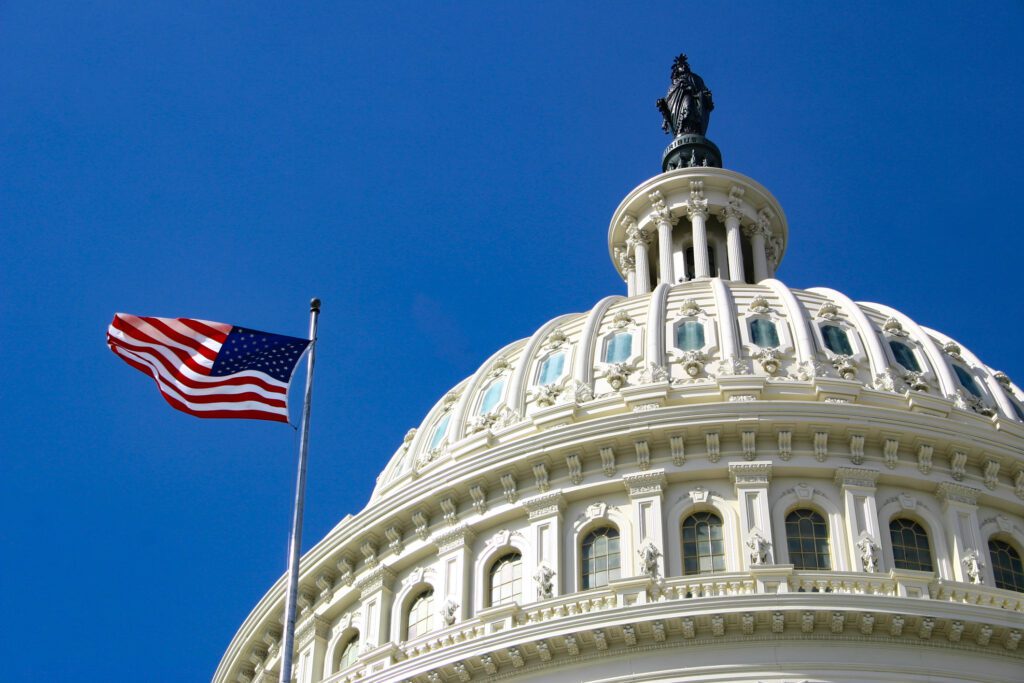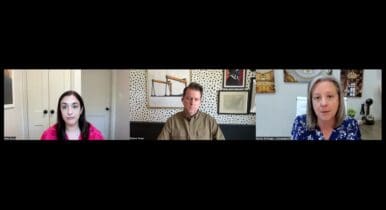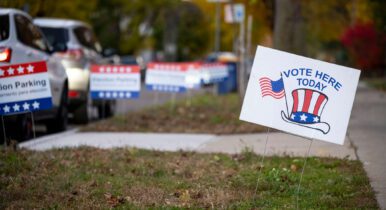Consultants On the Left Say Diversity is Finally Coming to the ‘Old Boys Club’

Heading into the next presidential cycle, many Democratic practitioners say their side of the industry is making real strides toward resolving what’s become one of its most vexing problems in recent years. Namely, that as the American electorate has grown more diverse, its consulting class hasn’t kept pace.
That mismatch has meant that on many races, the practitioners tasked with devising strategy to mobilize the party’s voters looked significantly different from those on the receiving end of it.
Now, some practitioners who are optimistic about expanding diversity across the spectrum point to moves like Doug Thornell becoming the first black CEO of mega firm SKDK, as well as an expanded pipeline of talent coming in on the ground floor and younger practitioners shifting into leadership positions at other prominent firms.
“Historically, it’s been an old boys club,” said Shripal Shah, a partner at Left Hook, which in 2021 teamed with other Democratic firms to create a fellowship program that successfully brought three diverse candidate into the industry.
“Oftentimes our campaigns and our party infrastructure didn’t look like the people who made up our coalition of voters.”
Shah points to 2016 and President Trump’s victory that year as the catalyst for recent changes on the left. “We came to this realization as a party around the time that Trump came into power: We needed to be better,” he said.
Shah and his fellowship collaborators are now preparing to open up a second class that’ll swell to five participants. The program will start in the summer and run through the end of the calendar year with an eye toward readying the fellows for jobs in the 2024 cycle.
Shah sees the DNC’s recent primary calendar changes, which are being finalized, as another catalyst that could alter the makeup of staffing and consulting on the left.
That’s because moving South Carolina, with its majority African-American Democratic electorate, into top spot over Iowa and Nevada taking second, with its heavily Latino voting population, should mean presidential campaigns will increasingly look to those communities for staff.
The moves in the calendar may “accelerate that in a way that might not have otherwise,” Shah said, adding: “It’s going to take time to see that type of shift.”
Thornell, who this month took over from Josh Isay as CEO of SKDK, noted that his firm has long been focused on diversity.
“Before I ever became a partner, the other partners were really committed to that,” he told C&E in a recent interview, noting that the firm is approaching 40 percent people of color in terms of staff. “If me being named CEO of SKDK creates some type of domino effect, that’s great.”
One hurdle that stands in the way of expanded diversity in the political industry is risk. In many cases, hiring diverse staff requires managers to either give an unproven applicant a shot, or hire an applicant with a resume that doesn’t have the typical roles of an operative on it.
“People need the opportunity,” said Thornell. “Every single job I got in my career, at that moment in time, was a stretch,” he explained. “I think any good job should be a stretch — something where you go in with a little fear, with a little anxiety because that keeps you hungry, it makes you work harder, it forces you to be on your toes.
“In every single job in my career, I’ve had that. And it’s healthy fear.”
If hiring managers are taking a risk, the diverse job candidates are also putting themselves out there because if they land a gig where they’re the first person of a certain background to hold that position, it’ll come with added attention.
“When you’re one of the first, there is going to be a spotlight on you — and there are going to be expectations,” Thornell said. “I’m not afraid to put that on my back.”
He added: “Hopefully, I meet [those expectations.] And if I meet them … it’s going to be good for the firm and hopefully it sends a message to other companies that, ‘Hey, the idea of having a Black leader or a Hispanic leader of a firm shouldn’t be that crazy.”
Some younger practitioners also note that age needs to be a part of the diversity conversation — particularly as young voters’ share of the electorate is growing. That’s partly because the lowest paid and hardest working staff in the industry are young people. And while quality of life for these practitioners has become more of a focus — particularly with the growth of unionization — expanding their career opportunities remains a challenge.
“In addition to having different voices from different communities, and ethnicities, it’s about having different ages,” said Daysi Gonzalez, a 27-year-old who was recently promoted to partner at Solidarity Strategies. “There needs to be younger people with a seat at the table to make these important decisions so that we can continue to innovate.”
She pointed to digital in particular as one area of the industry that will benefit from younger leadership.
“In digital, there’s been a lot of changes. There does need to be a shift in how we look at budgeting for these tactics,” she said. “I think that younger people might have a better grasp of where these voters are, and make decisions based off of our lived experience.”
Still, Gonzalez believes that the cyclical nature of the industry means that it’ll be hard for younger practitioners to stay committed to a career in campaigns.
“We need a way to keep and foster that talent,” she said.


